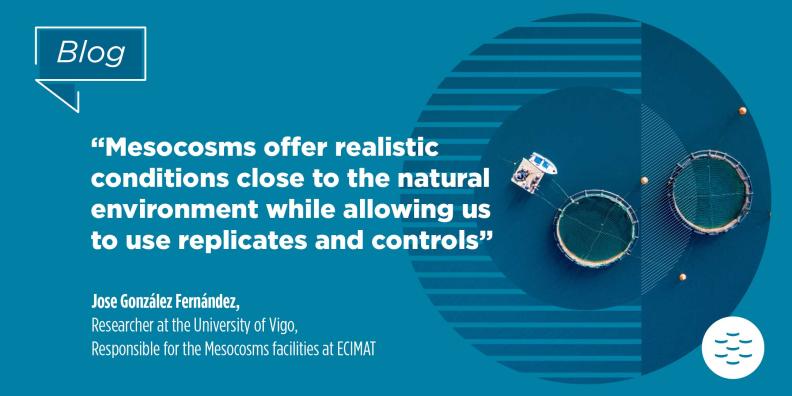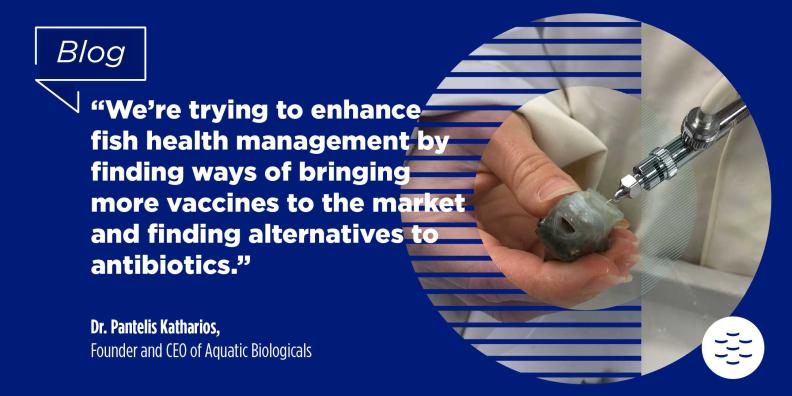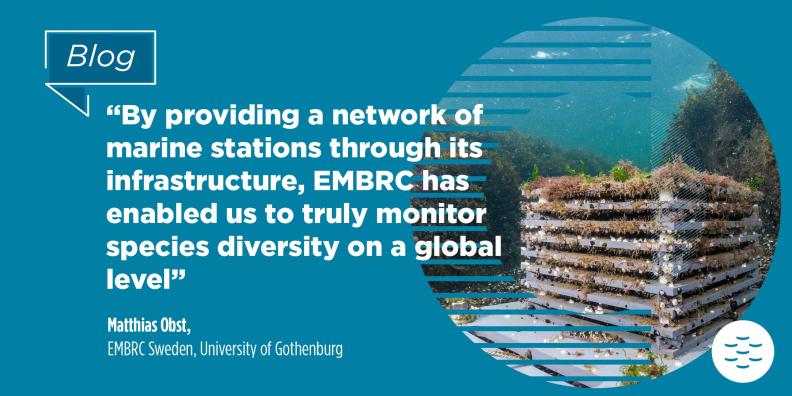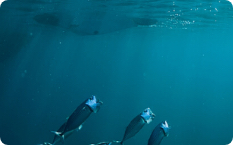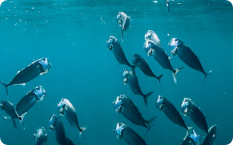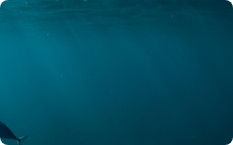The TREC project is the first large-scale expedition to study European coastal ecosystems on both land and sea. Several sites in Roscoff will be used to take samples. From 8 to 10 April, the general public will be invited to meet the research teams, take part in scientific workshops and discover the expedition’s installations.
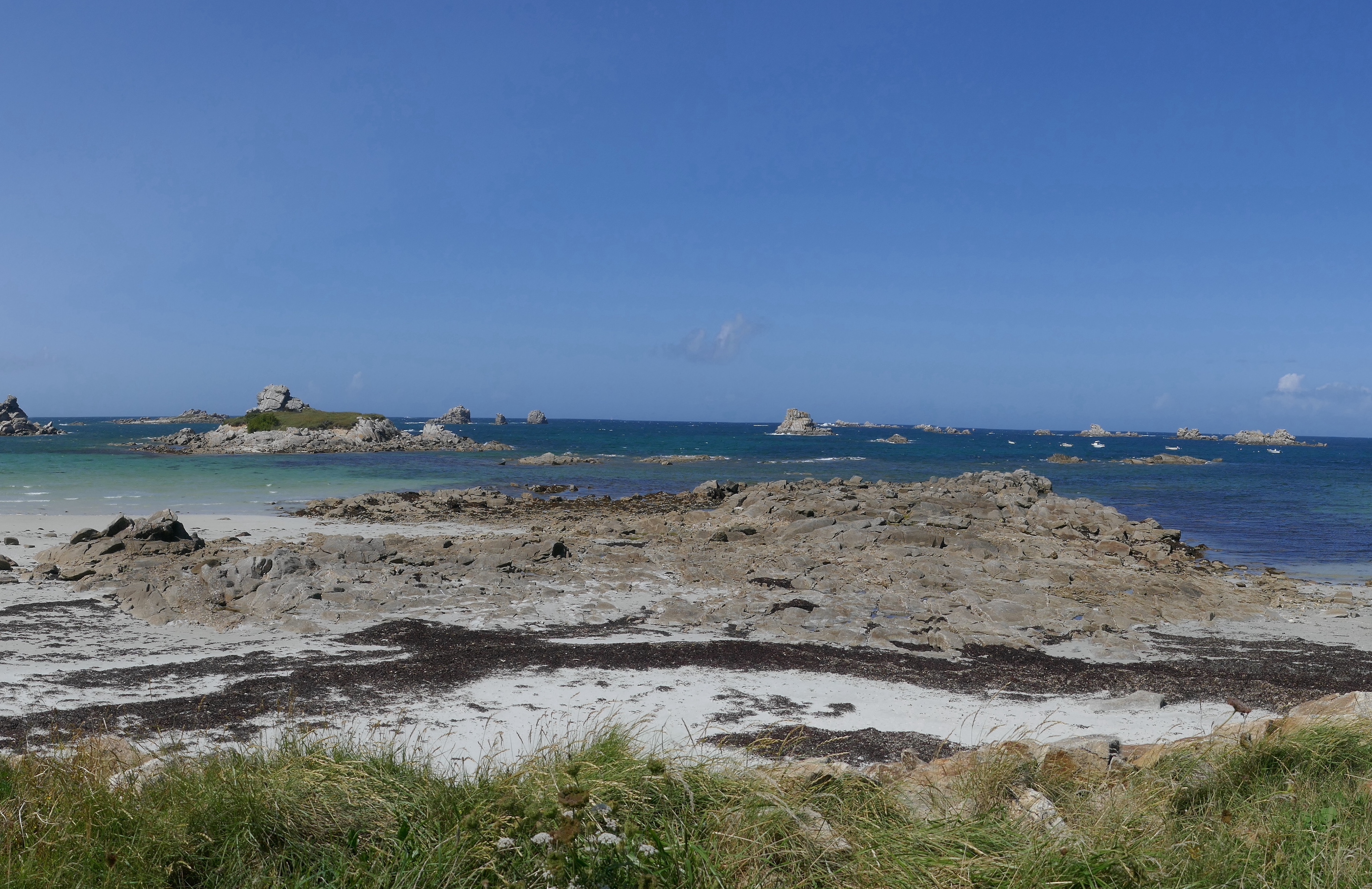
A first step in Roscoff
The TREC scientific expedition is a unique research project seeking to deepen our understanding of human impact on marine and coastal ecosystems around Europe. Led by the European Molecular Biology Laboratory (EMBL) in partnership with the Fondation Tara Océan (FTO), the Tara Océans Consortium and the European Marine Biology Resource Centre (EMBRC-ERIC), the expedition is launching this year in France at the Station Biologique de Roscoff (SBR) in the Brittany region.
The SBR researchers will be taking samples and analysing the marine ecosystems around Roscoff and other European sites. They will be contributing their expertise in marine coastal environments as well as in plankton and macroalgae biodiversity.
Furthermore, throughout April 2023, the SBR will be providing access to its research facilities and support solutions. These include a scientific diving team for implementing protocols on the seabed, a coastal oceanographic research vessel, the Néomysis, lightweight boats for taking samples along land-sea transects, and the centre’s laboratories and technological platforms for storing and analysing samples in optimal conditions.
Activities aimed at the general public
Improving coastal health will require scientific knowledge, but also changes in how societies interact with and use our seas, oceans and coastal regions. While in Roscoff, TREC will therefore also be hosting a series of activities for schools and the general public over the Easter weekend.
Thanks to the TREC in the City and Parcours Océan exhibitions, the general public will discover how molecular biology can rise to human and planetary health challenges while highlighting the importance of our oceans. Visitors will be able to explore this scientific field for themselves, understanding the connections between land, sea, humans and the planet through a series of scientific workshops. Guided tours of the Tara schooner and the EMBL’s mobile laboratory are also available, along with the Science on Tour interactive conference led by the project’s researchers.
The TREC (Traversing European Coastlines) project
The TREC (Traversing European Coastlines) scientific expedition is directed by the European Molecular Biology Laboratory (EMBL) in partnership with the Fondation Tara Océan, the Tara Océans Consortium and the European Marine Biology Resource Centre (EMBRC-ERIC). TREC is also working with national research institutes such as the IFREMER and the CNRS in France.
The TREC project has brought together a total of 150 research teams and more than 70 institutions across 29 European countries. The scientists will collect and analyse soil, sediment, aerosol and water samples, as well as selected model organisms and numerous environmental data. Their work will cover different scales of life – from viruses and bacteria to algae, plants and animals – on land, in river estuaries, and at sea.
The teams will carefully study these land and marine ecosystems to understand their biodiversity and how they interact with their environment. The researchers will also collect data on factors such as the presence of pollutants, antibiotics, pesticides, and hormones, along with temperature, salinity, and oxygen levels.
In Roscoff, several sites will be used to collect samples as part of 110 other sites across 45 regions in 12 European countries. The pan-European nature of this project means that the samples will be collected according to the same standards. As a result, the data will be compared and analysed on a European scale instead of based on regional or national systems, which was not possible until now.
TREC will be drawing on the resources, infrastructure, knowledge and expertise provided by the EMBL, Tara and the EMBRC. This will include the EMBL’s new mobile laboratories, which can travel to isolated sites, along with a vast network of European partner institutions such as the SBR, the IFREMER and the CNRS.
Who are TREC partners ?
The European Marine Biological Resource Centre has joined forces with scientific and institutional partners to conduct the TREC :
EMBL
The European Molecular Biology Laboratory (EMBL) is Europe’s life sciences laboratory. We provide leadership and coordination for the life sciences across Europe, and our world-class fundamental research seeks collaborative and interdisciplinary solutions for some of society’s biggest challenges. We provide training for students and scientists, drive the development of new technology and methods in the life sciences, and offer state-of-the-art research infrastructure for a wide range of experimental and data services.
EMBL is an intergovernmental organisation with 28 member states, one associate member, and one prospective member. At our six sites in Barcelona, Grenoble, Hamburg, Heidelberg, Hinxton near Cambridge, and Rome, we seek to better understand life in its natural context, from molecules to ecosystems.
Fondation Tara Océan
The Tara Ocean Foundation is the first public interest foundation in France dedicated to the Ocean. Its 2 main missions are to explore the Ocean to better understand it and share the relating scientific knowledge to raise citizen and collective awareness. For 20 years, the Foundation has developed a high- level Ocean science in collaboration with international research laboratories of excellence, to explore, understand and anticipate the upheavals related to climate and environmental risks, as well as the impacts of pollution. In order to make the Ocean a common responsibility and to preserve it, the Tara Ocean Foundation also works towards raising public awareness about ocean science and educating the younger generations. By studying and protecting the Ocean, we take care of our planet’s global system.
Station Biologique de Roscoff
La Station Biologique de Roscoff (SBR), centre de recherche en biologie et écologie marines de premier plan en Europe qui dépend du CNRS et de Sorbonne Université. 300 personnes y travaillent. Les scientifiques du CNRS, et plus particulièrement ceux de la SBR, sont fortement impliqués dans les expéditions TARA depuis bientôt 15 ans. Aujourd’hui, la SBR s’engage à plusieurs titres dans l’expédition TREC et TARA EUROPA.
Ifremer
L’Ifremer est l’institut français de recherche entièrement dédié à la connaissance de l’océan., reconnu dans le monde entier comme l’un des tout premiers instituts en sciences et technologies marines. Présents sur toutes les façades maritimes de l’hexagone et des outremers, ses laboratoires sont implantés sur une vingtaine de sites dans les trois grands océans. Pour le compte de l’État, il opère la Flotte océanographique française au bénéfice de la communauté scientifique nationale et conçoit ses propres engins et équipements de pointe pour explorer et observer l’océan. Ouverts sur la communauté scientifique internationale, ses 1500 chercheurs, ingénieurs et techniciens font progresser les connaissances sur l’une des dernières frontières inexplorées de notre planète ; ils contribuent à éclairer les politiques publiques et à l’innovation pour une économie bleue durable. Leur mission consiste aussi à sensibiliser le grand public aux enjeux maritimes.
The TREC expedition benefits from Horizon Europe funding through the BIOcean5D project (GA#101059915).
Views and opinions expressed are however those of the author(s) only and do not necessarily reflect those of the European Union. Neither the European Union nor the granting authority can be held responsible for them.












